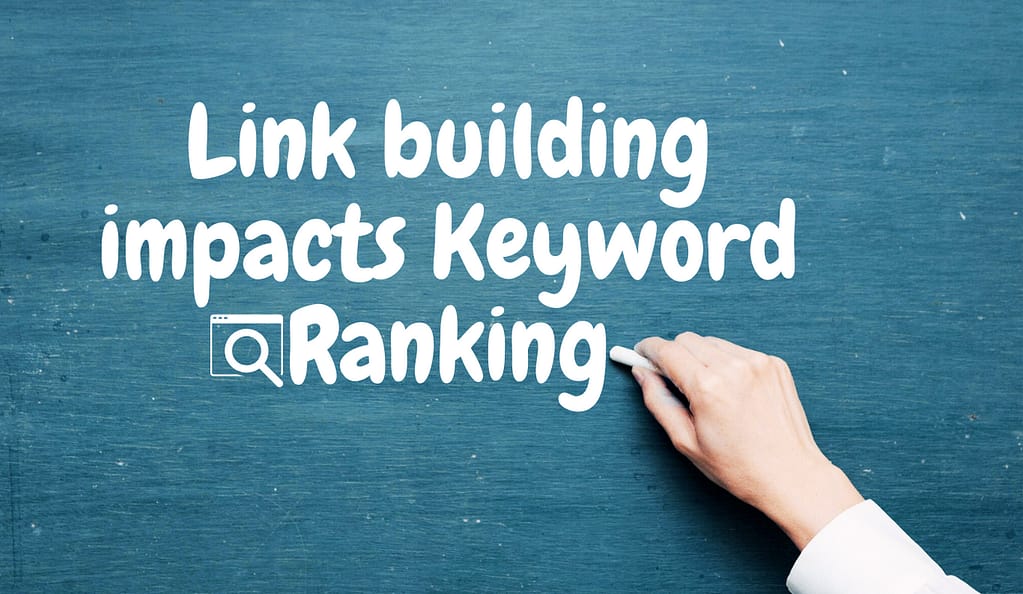What is Link Building?
Link building is the practice of gaining links from other websites to your own. With links search engines can determine the relevance and authority of a website.
Keyword rankings determine where your website appears in search engine results pages (SERPs) for specific search terms. Link building impacts keyword rankings by increasing the number of links pointing to your website. This improves its authority and relevance in the eyes of search engines.
You can find links of two types – Internal and external. Internal links connect pages within the same website, and external links connect pages on different websites. The external links can be inbound or outbound as well.
Quality backlinks are vital because they improve a website’s authority and relevance in search engines.
Thus, to increase keyword ranks and overall SEO performance, it is critical to focus on collecting high-quality backlinks from credible sources.
How Link Building Helps in Improving Keyword Rankings?
- Links are essentially votes of confidence from other websites. The more quality links a website has, the greater its authority and ranking potential.
- The clickable text which is used to link to a website is known as anchor text. It is significant since it provides context for the link and assists search engines in determining what the linked website is about. The use of relevant and descriptive anchor text can boost the relevancy and keyword rankings of a website.
- Link relevance is also essential for improving keyword rankings. When a website gains links from other websites that are relevant to its content, search engines perceive it as an indication of authority in that certain niche or issue. It is critical to seek out links from relevant sources to ensure that the links are perceived favorably by search engines.
Best Link-Building Strategies for Improving Keyword Rankings
- Broken link building is locating broken links on other websites and recommending that they be replaced with links to your content. It’s a win-win situation because the website owner benefits from a functional link and you benefit from a high-quality backlink.
- Writing articles for other websites and providing links back to your own content is a great approach. It helps you in getting high-quality backlinks and increases the authority and relevancy of your website.
- By creating informational and visually engaging infographics you can gain backlinks from other websites.
- By building relationships with other websites, you can reach out to website owners and offer them to collaborate or share each other’s content.
The Risks of Link Building
- While link building can be an efficient strategy to increase a website’s SEO, it is critical to understand the pitfalls. Google has strict link-building criteria, and breaking them can result in penalties. It can result in a drop in keyword rankings or perhaps removal from search results entirely.
- Black hat link-building tactics, such as purchasing links or using link farms, are against Google’s guidelines. It can lead to a loss of trust and credibility with both search engines and website users.
- Furthermore, low-quality links from spammy or unrelated websites might harm keyword rankings. These links can indicate to search engines that a website is attempting to influence its rankings rather than offering users with relevant material and resources.
Conclusion
In conclusion, link building is an integral part of SEO helping increase the authority, relevance, and search ranks of a website. However, you must adopt ethical and high-quality link-building practices to avoid penalties and safeguard your website’s reputation.
You may boost your website’s SEO and develop a strong, respected online presence by focusing on ethical link-building practices such as broken link-building, guest posting, infographics, and relationship-based link-building. Remember, it’s not just about gaining links; it’s also about generating great content and resources that other websites will naturally want to link to.

